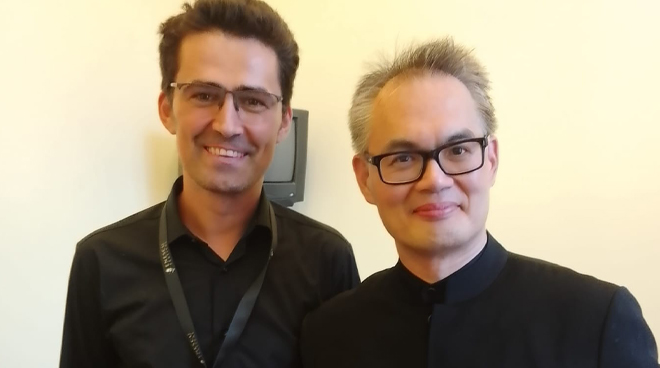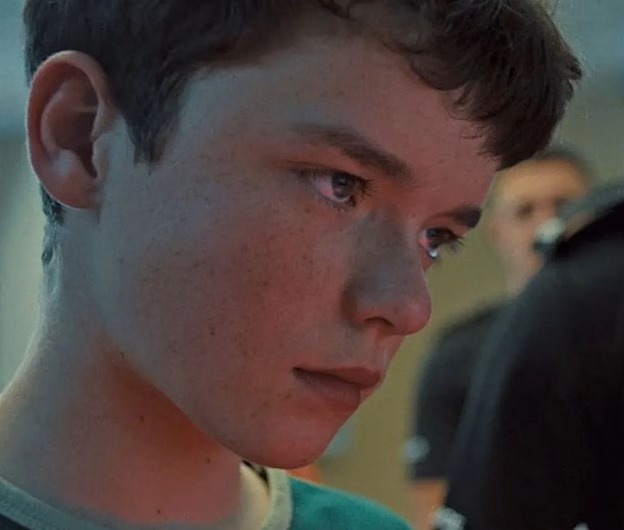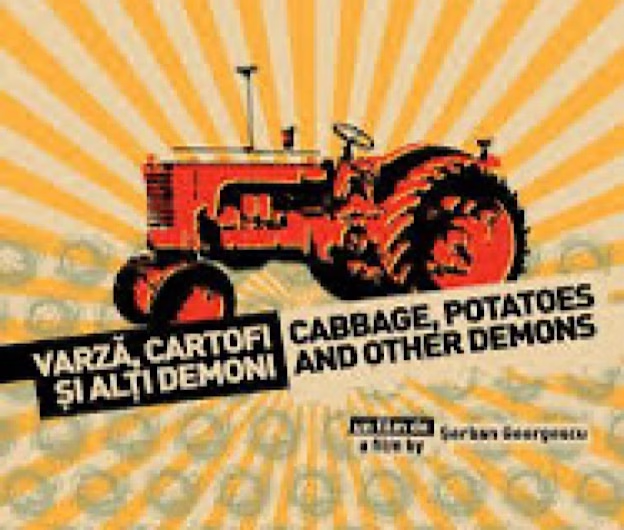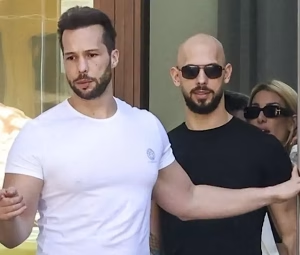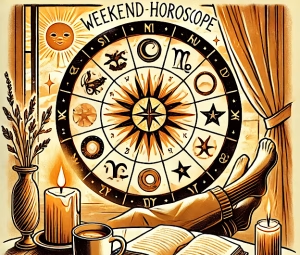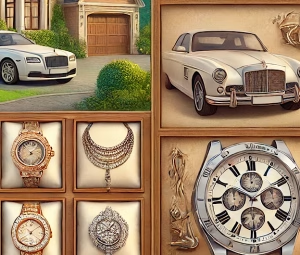|
Getting your Trinity Audio player ready...
|
Interview with Maestro Wison Hermanto, Principal Guest Conductor of the Cameristi della Scala chamber orchestra
Matei Pop: Maestro, your musical background comes from being a violinist. Why, when and how did you transition to conducting?
Wilson Hermanto: I always believe to be a complete musician you have not to be a one-line-player. With the violin, as beautiful as the instrument is, you are limited to playing your part only. I grew up loving so much repertoire which means that in order to get involved in the repertoire that requires big forces of musicians, one needs maybe to embrace another kind of art in music and in this regards conducting came very naturally for me. When I was about 12 or 13 years old, while growing up in Indonesia, I saw a video of Leonard Bernstein conducting Mahler’s Second Symphony and I still remember, I was so taken by it and I said to myself at that age that if music can be that powerful, I wanted to live in music and share my passion with as many people as possible. I went to the United States studying violin at the Peabody Conservatory of Music and slowly I started to learn conducting. I played lots of chamber music, so it is a natural process, simply because I just love the repertoire in music. As I said to you, there are so many varieties of repertoire, whether it is symphonic, opera, oratorio/masses, or chamber orchestra repertoire or even small ensemble, but just sharing music with as many people as possible. This is my goal and my passion.
Matei Pop: I would like to know how you approach a piece which is new for you, like Enescu Aria and Scherzino was.
Wilson Hermanto: Well, through solid music education, I believe that a musician has to master profound understanding of composition, harmony, analysis, style, music history. Those are all very important parts, because when you study a new piece of music, all these basic elements must be in your head. You learn a new score by breaking it apart in your mind and putting it back together, like solving a puzzle or playing LEGO; you try to see the skeletons and put back all elements together in order to have the complete understanding of the piece of music. So you have to be able to see the macro and micro at the same time and try to see the long view and the inner details and constantly also connecting those elements with everyday life, the history and what the piece means for our life today, because every piece of music, especially by those composers who are not alive anymore, we have to make it relevant to our public and to ourself.
Matei Pop: As a conductor you have a global view.
Wilson Hermanto: Yes. I always have questions that I pose to myself. For the repertoire that I have studied and performed since many years, I would come back to them again and again, but then you remember certain things and you put something new, you discover something new, so it’s a constant process. There is never an ideal performance. In my opinion with every group, every orchestra, every country I go, no matter how much I have done a piece, I always discover something new. Even with the same orchestra, if you play a piece of music five times in a row, every night it is a little bit different. It’s natural. We are no robots, so we have to feel the moment, also our adrenalin and the adrenalins of the musicians; music making is very human. The public also plays an important part, because the public gives energy, the acoustic of the hall and the moment itself, it gives us something different every moment in our life.
Matei Pop: As a conductor you are facing the orchestra, the public is behind your back.
Wilson Hermanto: You feel the energy of the public. Absolutely! You feel the concentration of the public, you feel the energy of the hall itself. Each hall has a particular soul, like the Atheneum is a hall with great history. Enescu came here, Celibidache, so many other great musicians; their spirits are here.
Matei Pop: And now perhaps a little joke: How do you make sure that the concertmaster is your friend, not your enemy?
Wilson Hermanto: The chemistry is what matters, when you do your work, without saying a lot of words. If both the concertmaster and the rest of the musicians feel good with the way I approach the music and they feel able to also express themselves, not feeling in a straight jacket, then we all feel in a good atmosphere together. Again this is a process, you have the rehearsals, sometimes you need to speak, but in general when I am conducting and they are playing, the feeling is always positive. You should never make the musicians feel tedious or painful doing their jobs. It is a mission which is done with positive energy and that is I think the key of good relationship – with anyone.
Descoperă mai multe la Radio Clasic FM
Abonează-te ca să primești ultimele articole prin email.
